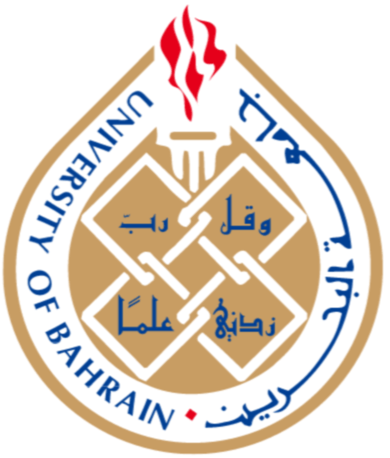NEWS
Identifying the Various Rights of Students and Academic and Administrative Staff UoB Receives a Delegation from NIHR
Sakhir – University of Bahrain (Yasmeen Khalaf)
23 March 2023
The President of the University of Bahrain (UoB), Dr. Jawaher bint Shaheen Al-Mudhahka, received a delegation from the National Institution for Human Rights (NIHR) at the University’s headquarters in Sakhir, on Tuesday (March 21, 2023), who briefed the University President on the roles played by the Institution, the annual reports it had previously issued, and its positive impact on the advancement of the legal reality in the Kingdom of Bahrain.
Dr. Al-Mudhahka welcomed the members of the Institution, and reviewed with them the most important rights and guarantees that the University students have, as well as its academic and administrative cadres, pointing to the University’s interest in teaching the human rights course to all students, especially students of the College of Law.
For their part, the members of the Human Rights Committee affirmed their oversight role over educational institutions and centers, and their keenness to acquaint Bahraini society and its various institutions with the role of NIHR, and the services it provides to citizens and residents, in order to protect human rights in the Kingdom of Bahrain.
The Institution’s delegation consisted of: Member of the Board of Commissioners, Hala Ramzi Fayez, member of the Committee on Visiting Detention Places and Facilities, Dr. Hooriya Abbas Hassan, and Head of the Complaints and Monitoring Unit, Eman Ali Al-Abbo.
While from UoB’s side, the meeting was attended by Dr. Osama Abdullah Al-Jowder, Vice President for Information Technology Services and Administrative and Financial Affairs, Dr. Shaikha Haifa bint Ibrahim Al Khalifa, Dean of the College of Engineering, and Dr. Fatima Mohammed Al-Maliki, Dean of Student Affairs.
It is worth noting that His Majesty King Hamad bin Isa Al Khalifa, the great King of the country, issued a Royal Decree to establish NIHR in November of 2009, and provided it with the competencies and powers that are in line with the Paris Principles related to the Status of National Institutions, for the promotion and protection of human rights, issued under the United Nations General Assembly Resolution of 1993.











